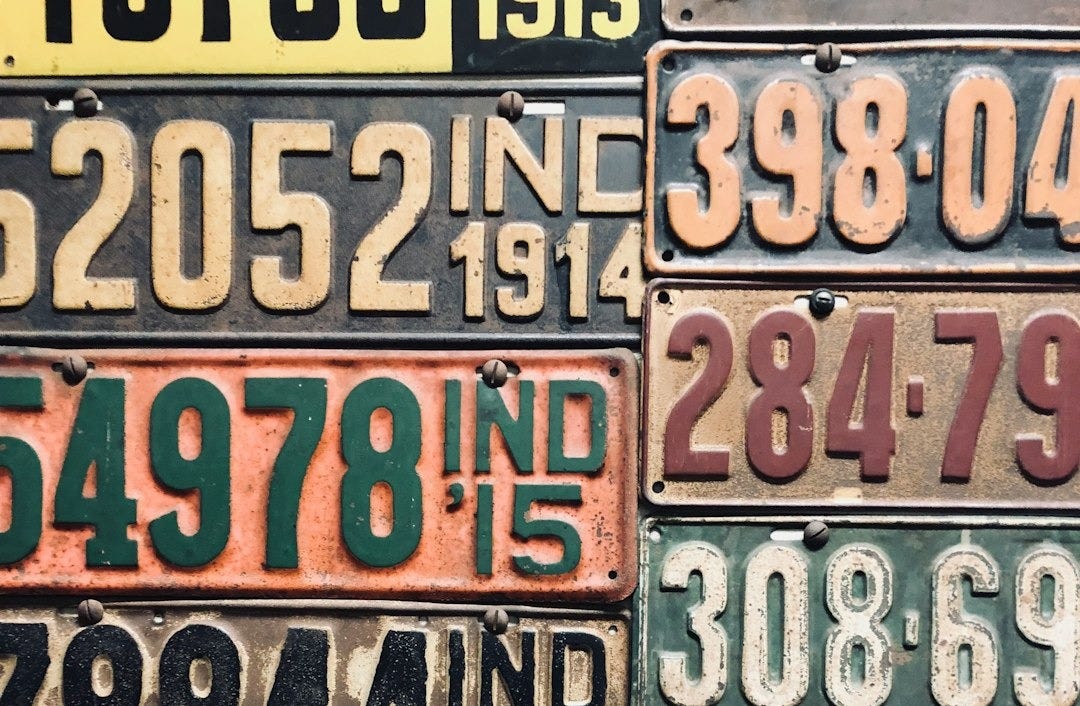
Imagine a world where content moderation has gone the way of the passenger pigeon. That is, extinct.
Imagine it is because a new administration has given social media platforms a choice. That choice is between these two options: 1 - retain protection under Section 230 (exempt from all liability) but deprecate all content moderation (making the social media company a common carrier, like the phone company); or 2 - continue to moderate your platform to enhance its usefulness to the customer base and avoid bot-driven sewage, but forego any protections under Section 230.
I am on record for saying Section 230 is a nightmare that is destroying our country because it places gigantic media companies above the law.
Even if I disagree with nearly everything we hear about the incoming regime, I do agree that Section 230 is so hypocritical that I welcome any manner in which it is destroyed. Of course, my reasons are different from what a free-speech-absolutist would want.
They would want a world where every social media platform is forced to publish, at their own expense, every bot-driven lie posted there. Whereas I would want a world where rational human beings engage in spirited discourse (as quaint as that may sound today).
However, we may be headed for the former. And what would happen to social media, in that case, would be that all types of toxic sewage would be barfed up into the public realm, and for millions of not-insane users, social media would become contaminated and unusable. This could be a healthy, market-driven stage through which an adolescent media format must mature. Or, it could signal the end of social media altogether.
Those of us who are not yet insane would probably avoid social media that had been left unmoderated. But we might want to participate in a platform where challenging ideas don’t automatically generate “LOL” and death threats.
That type of “social media train” might travel on a very different gauge of rail than the train we are on today. It would require that the passenger obtain a ticket to ride.
That’s right. A license to post. It sounds awful! I am not sure I would even like it. But I think we may be heading in that direction. And here is why.
The internet has often been compared to an earlier industrial invention called “the automobile”. The comparison remains apt.
In the early days of the automobile, no one thought much about regulation. Not for safety, not for convenience, not for consumer protection. There were no rules of the road. By 1920 there were already millions of cars on American roads, even if many of those roads were still made of mud. But in any decent sized city, traffic had become a nightmare. You could not be sure which side of the road you should drive on. If you had an accident, your car would fly apart like a toy, and glass would break in jagged, deadly shards. A pedestrian would risk life and limb just to cross a street. No stop lights, no traffic rules, no speed limits. Chaos soon approached unusability.
What did we do to fix it?
We instituted rules of the road. Not to restrict people. To free them. To allow them to realize the full, liberating quality of the automobile. To provide a balance between freedom and responsibility.
No one today talks about “internet” and “regulation” in the same sentence, but I will.
It is time for platforms to demand accountability on the part of their usership. In other words, and on certain platforms with a conscientious user base, part of the sign-up process would be some type of licensing. You would not have to prove anything to get the license. But like a driving license, you could lose it for recklessness. Your penalty would be to be banned from the platform. Eventually different platforms might recognize the licensing generally, which might mean repeat offenders would find themselves (because they made death threats or tried to recruit suicide bombers or claimed that elections were stolen but without any evidence) generally unable to post on platforms where the majority of users are found.
It sounds terribly restrictive, but think about this: anyone could still post to non-participating platforms. They can buy megaphones. They can dance in the street with placards proclaiming their positions. But if their message is mainly incoherent hate, perhaps they don’t get to post that sewage on responsible platforms.
Would you like to find yourself on the road with unlicensed drivers and uninspected cars? I think you would not.
And I think we might want to consider “license to post” as needful as “license to drive”.

